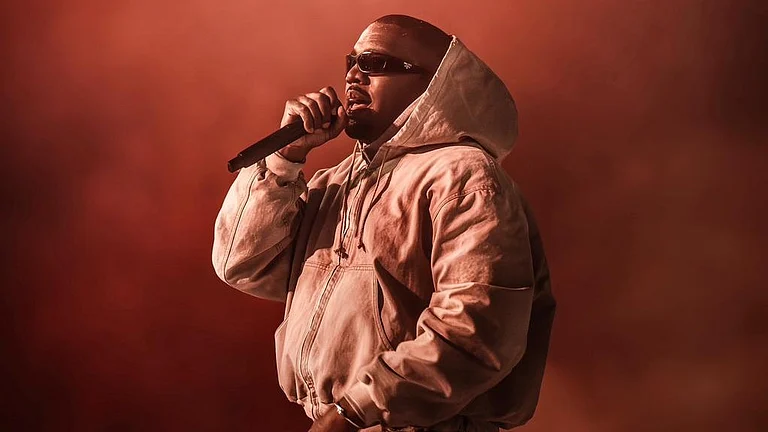US regulators have filed a lawsuit against Live Nation, alleging that the entertainment giant employed unlawful tactics to maintain monopoly in the live music sector. The Department of Justice contends that the company's practices have hindered competition, resulting in elevated ticket prices and diminished service quality for consumers.
Attorney General Merrick Garland has urged the courts to dismantle the corporation. However, Live Nation refuted these allegations in a statement on its website, dismissing claims of monopolistic control as "absurd". The company argued that factors such as online ticket scalping, artist popularity, and increased production expenses were the true drivers behind escalated ticket prices.
Live Nation, alongside its subsidiary Ticketmaster, orchestrates concerts, sells tickets, and possesses venues, fulfilling various roles that the Department of Justice asserts have positioned it as a "gatekeeper" within the industry.
According to the lawsuit, filed by the Department of Justice and joined by 30 states, Live Nation possesses over 250 venues across the United States and oversees roughly 60% of concert promotions at major venues nationwide. Additionally, the lawsuit alleges that the company commands approximately 80% of all significant entertainment ticket sales through Ticketmaster.
The lawsuit contends that Live Nation has upheld its dominant position through tactics such as securing exclusive long-term contracts, intimidating venues that opt for rival ticketing services, acquiring potential competitors, linking venue usage to its promotion services, and employing other strategies.
Attorney General Garland stated that these actions have resulted in fewer "real choices" of ticketing services for venues, enabling Ticketmaster to levy "seemingly endless" fees on fans. Furthermore, he highlighted Live Nation's alleged suppression of smaller promoters and restriction of artists' performance opportunities.
During a press conference announcing the lawsuit, Attorney General Garland asserted, "Live Nation controls the live entertainment industry in the United States because it is breaking the law."
"It is time to break it up," he emphasised.
In response, Live Nation contended that the lawsuit stemmed from political pressures, suggesting that competition enforcement had succumbed "to a populist urge that simply rejects how antitrust law works".
"Some call this “Anti-Monopoly”, but in reality it is just anti-business," it stated.
The company argued that its market share had been diminishing, with a profit margin of 1.4% contrary to claims of monopoly power.
Live Nation criticized the lawsuit for failing to address issues such as ticket prices, service fees, and access to popular shows, which it deemed significant to fans.
"We will defend against these baseless allegations, use this opportunity to shed light on the industry, and continue to push for reforms that truly protect consumers and artists."
Formed in 2010 through the merger of US-based events promoter Live Nation and ticket sales and distribution company Ticketmaster, Live Nation has faced persistent criticism since its inception. The deal was approved despite concerns raised during the Obama administration about the potential for the merged entity to dominate the live entertainment industry.
Over the years, the company has been the subject of scrutiny from fans, lawmakers, artists, and competitors who argue that it exerts excessive influence over live entertainment events both in the US and globally. The issue gained further attention in 2022 when website failures hindered Taylor Swift fans attempting to purchase tickets for her US tour.
John Breyault of the National Consumers League, a long-time advocate for action against Ticketmaster and Live Nation, criticized regulators for approving the merger in 2010 and welcomed the long-awaited lawsuit. While the outcome of a potential breakup of the company's monopoly is uncertain, Breyault highlighted expectations for increased options in ticketing services and a less frustrating purchasing process for consumers, particularly for high-demand shows like Taylor Swift's.
"Anybody who tried to go buy tickets to go see Taylor Swift can tell you that the experience is pretty terrible," he stated.
"Consumers have nowhere else to go so there's no downside for the company. I think that will change if this lawsuit is successful," he said.


























